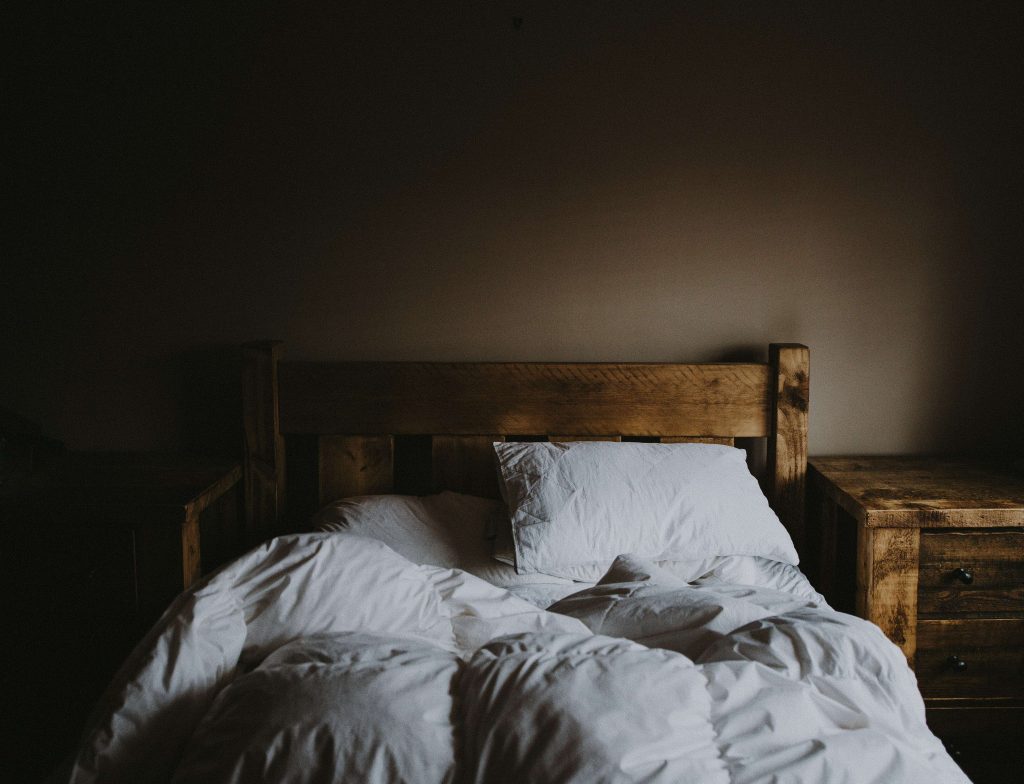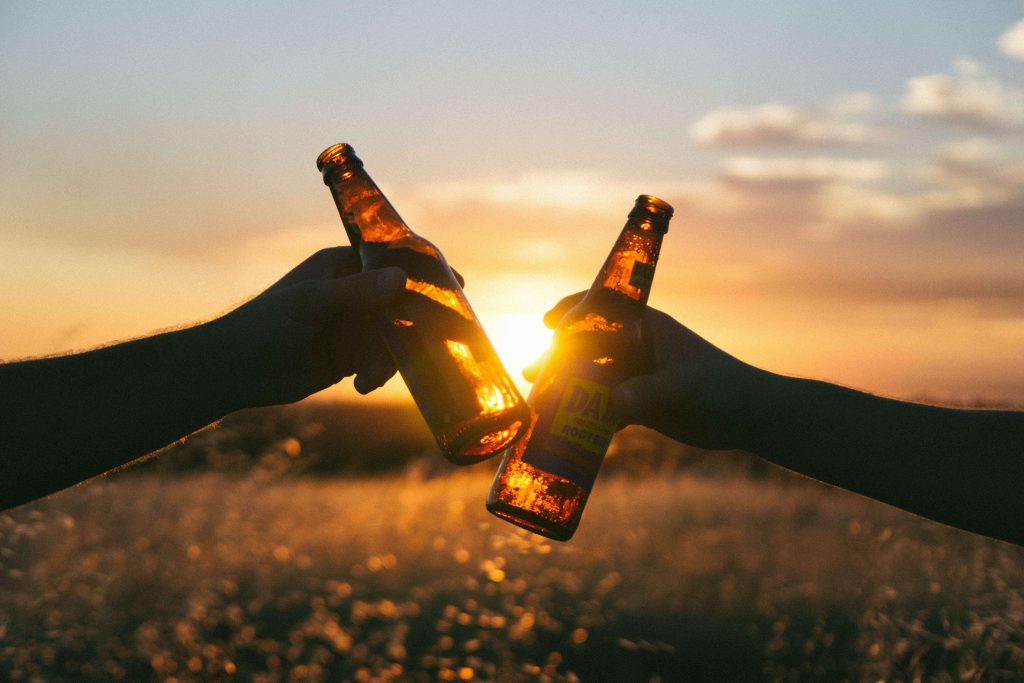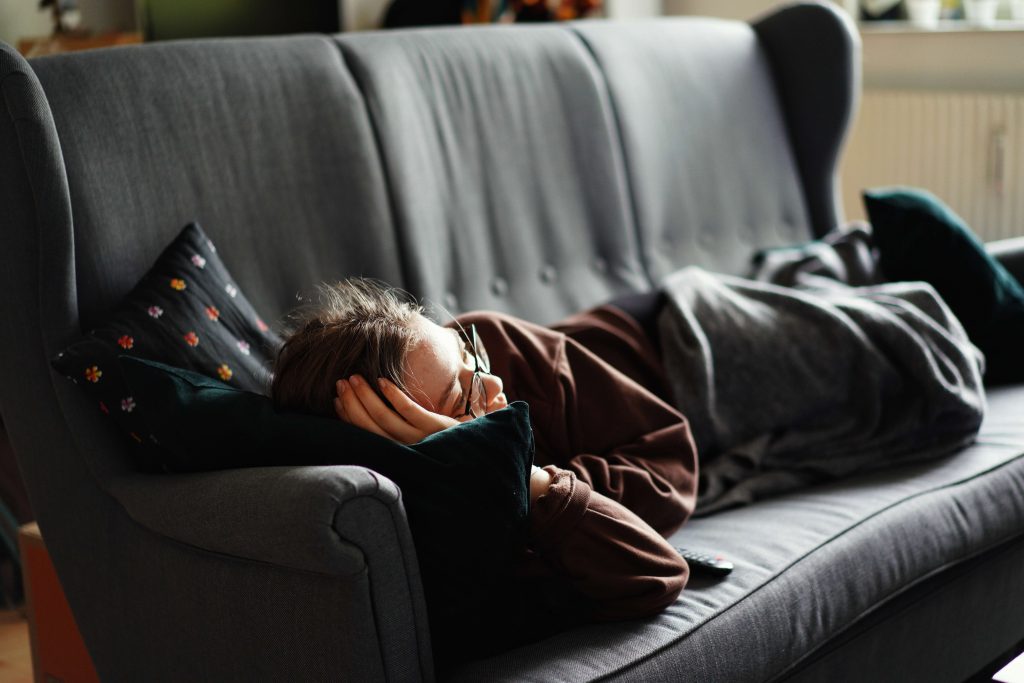These five myths about sleep have undoubtedly previously been repeated to you at least once in your life. Time to learn the reality!
We all need 8 hours of sleep per night to feel good

We all need 8 hours of sleep per night to feel good
FALSE. It’s like stating that everyone should wear size 8 shoes.
Everybody has a different circadian rhythm. The recommended amount of sleep every night is 7 to 8 hours, however, some people require more and some do not. It truly depends on what your body is used to, what your genes are, and what physical activities you engage in, according to Professor Jim Horne. You must pay attention to your body and allow it naturally adjusts to your
Alcohol helps sleep better

Alcohol helps sleep better
FALSE. If you still hold this belief, you should first read our special article on the matter, which is located here: Have you run out of alcohol? Enjoy a good night’s sleep while having beautiful dreams.
Second, remember that drinking may temporarily make it easier for you to forget about your issues and nod off, but a few hours later, you’ll experience the opposite with snoring, sleeplessness, and a terrible night.
Don’t nap if you want to sleep at night

Don’t nap if you want to sleep at night
FALSE. Take a snooze whenever you feel like it during the day.
Lack of sleep might make you less awake, but this nap will undoubtedly improve your attitude, mental and physical performance, and alertness. You must, however, abide by one straightforward rule: set your alarm for 20 minutes! Just need it to enjoy the benefits of sleeping. You can get sleep loss the next night after 20 minutes.
Waking a sleepwalker could kill him
FALSE. Although waking him up to securely return him to his bed may seem like a good idea, it may not be required. “Sleepwalking, or somnambulism, is a subset of the parasomnias, a more comprehensive group of sleep-related illnesses.” Meaningless speech, confusion, wide eyes with a blank face, and amnesia following the incident are all signs of sleepwalking. Most of the time, we would advise assisting the sleepwalker in getting back to his bed without awakening him.
Insomnia means anxiety
FALSE. But not entirely wrong, but false. Although anxiety and sleeplessness are frequently associated, there are so many distinct forms of insomnia that we cannot assume that they are the only conditions that go together. People have difficulties falling asleep might be caused by a variety of different circumstances. As a result, anxiety does not always accompany sleeplessness.
